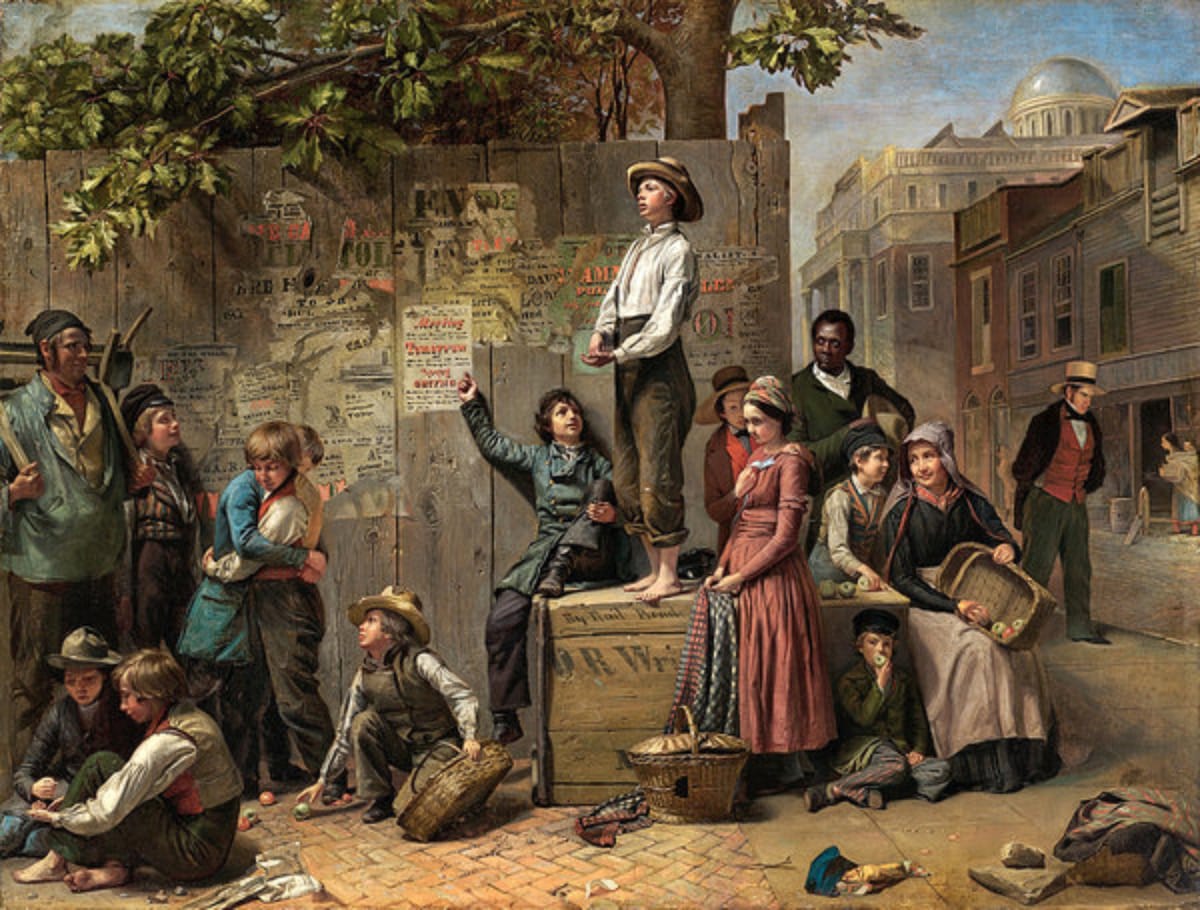Fourth of July thoughts: The fragility of democracy.
The greatest threat to democracy comes from ourselves--because we may decide at any time that we no longer value it.

Today, July 4, 2024, is obviously Independence Day in the United States. It’s also election day in the UK, and the results of that election may be historic—all projections are that the conservative Tory party will be swept out of power in an unprecedented landslide after 14 years in power. We Americans are facing our own election in the fall, about which I’ve written before, and nothing less than the continuance of our democratic system is on the ballot. Today, much more than flag-waving, barbecue or fireworks, I think it’s appropriate to give some thought to just how fragile democracies are in the course of history, and how particularly threatened they are at this historical moment.
This goes beyond the hollow election-season rhetoric of “this is the most important election in your lifetime,” which is so often repeated that it’s meaningless even when it turns out to be true. There is a case to be made from historical examples that, with a few exceptions—the Netherlands and Switzerland, perhaps—democratic forms of government are generally unstable and the odds against their longevity are usually formidable. France, for example, has cycled repeatedly from democracy to authoritarianism several times since its revolution in 1789, with autocratic leaders like Napoleon I and III or Charles de Gaulle appearing in the rotation of heads-of-state fairly regularly. Germany’s first experiment with democracy went badly wrong in 1933, as everyone knows. So did China’s, Brazil’s and countless others. Democracy does not always work and it doesn’t always stick.


